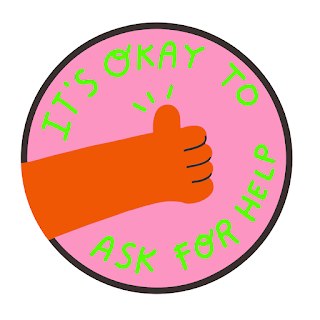What are the basics of health?
Health is a state of complete physical, mental, and social well-being, and not merely the absence of disease or infirmity. It is a complex concept that encompasses many different factors, including our physical environment, our genetics, our lifestyle choices, and our social relationships.
There are many different ways to define health, but some of the most important aspects of health include:
•Physical health: This refers to the condition of our bodies, including our organs, tissues, and cells. Physical health is important for our overall well-being, as it allows us to function properly and enjoy life.
•Mental health: This refers to our emotional and psychological well-being. Mental health is just as important as physical health, as it affects our ability to think clearly, cope with stress, and maintain relationships.
•Social health: This refers to our sense of belonging and connection to others. Social health is important for our well-being, as it provides us with support and a sense of purpose.
There are many things we can do to improve our health, including:
•Eating a healthy diet: This means eating plenty of fruits, vegetables, and whole grains, and limiting processed foods, sugary drinks, and unhealthy fats.
•Getting regular exercise: This means moving our bodies for at least 30 minutes most days of the week.
•Getting enough sleep: This means getting 7-8 hours of sleep each night.
•Managing stress: This means finding healthy ways to cope with stress, such as exercise, relaxation techniques, or spending time with loved ones.
•Connecting with others: This means building strong relationships with family and friends.
•Avoiding harmful substances: This means avoiding smoking, drinking too much alcohol, and using illegal drugs.
By following these tips, we can improve our health and well-being and live longer, healthier lives.
In addition to the basics of health listed above, there are a number of other factors that can affect our health, including:
•Our genetics: Our genes play a role in determining our risk of developing certain diseases. However, our lifestyle choices can also influence our genetic makeup.
•Our environment: Our environment can also affect our health. For example, exposure to pollution can increase our risk of developing respiratory problems.
•Our lifestyle choices: Our lifestyle choices, such as our diet, exercise, and sleep habits, can have a major impact on our health.
•Our social relationships: Our social relationships can also affect our health. People with strong social support networks are more likely to be healthy and live longer.
It is important to remember that health is not a static state. It is something that we need to work at on a daily basis. By making healthy choices, we can improve our health and well-being and live longer, healthier lives.
Here are some additional tips for improving your health:
•Set realistic goals: Don't try to make too many changes at once. Start with small, achievable goals and gradually build up your healthy habits.
•Find an activity you enjoy: If you don't enjoy exercising, you're less likely to stick with it. Find an activity that you find fun and challenging, and you'll be more likely to make it a regular part of your life.
•Make healthy eating a priority: Eating healthy doesn't have to be complicated or expensive. There are many easy ways to add healthy foods to your diet.
•Don't be afraid to ask for help: If you're struggling to make healthy changes, don't be afraid to ask for help from a doctor, a nutritionist, or a therapist.
Remember, health is a journey, not a destination. By making healthy choices and taking care of yourself, you can improve your health and well-being for years to come.






Comments
Post a Comment